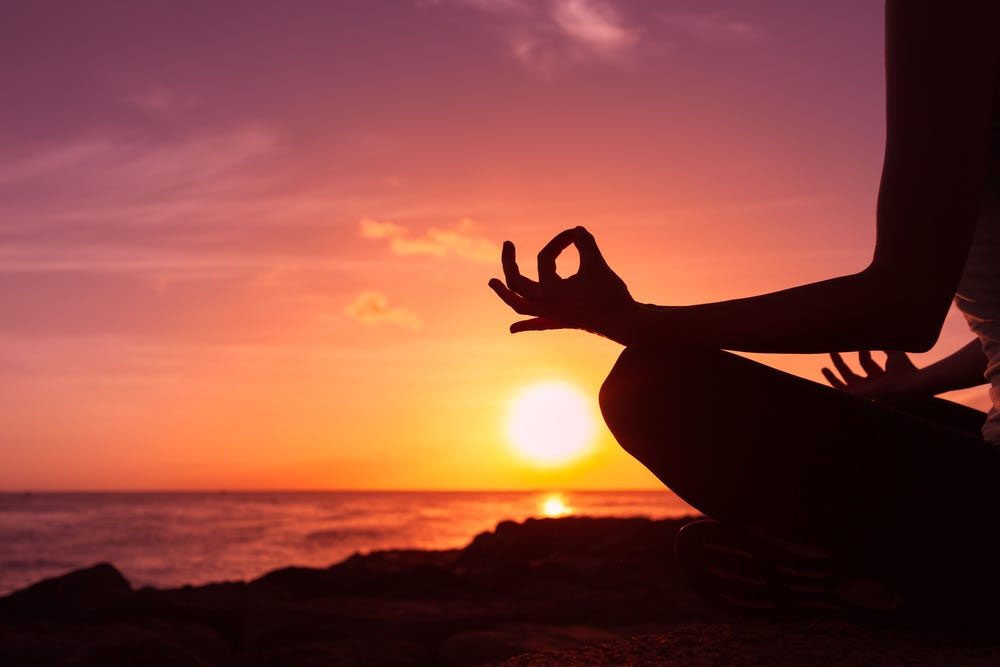United Nations, Dec 7: India has co-sponsored a draft resolution at the UN General Assembly that has been unanimously adopted, designating December 21 as World Meditation Day.
Together with nations like Liechtenstein, Sri Lanka, Nepal, Mexico, and Andorra, India was part of the core group that facilitated the resolution’s passage in the 193-member assembly on Friday.
“A day dedicated to holistic well-being and personal transformation! Proud that India, along with other countries in the core group, led the unanimous adoption of the World Meditation Day resolution at the UN General Assembly today (Friday),” tweeted India’s Permanent Representative to the UN, Ambassador Parvathaneni Harish.
He emphasized that India’s guidance in advancing human wellness stems from the philosophy of #VasudhaivaKutumbakam, which translates to “the world is one family.”
Harish pointed out that December 21 coincides with the Winter Solstice, marking the start of “Uttarayana,” a period revered in Indian culture for self-reflection and meditation.
This date also occurs precisely six months after the International Day of Yoga, celebrated on June 21, the Summer Solstice.
Referring to India’s initiative in 2014 to declare June 21 as International Day of Yoga, Harish noted that it has flourished into a global movement over the past ten years, with many people around the world incorporating yoga into their daily routines.
A press release from the Permanent Mission of India to the UN stated that India’s pivotal role in establishing World Meditation Day underscores its unwavering commitment to human wellness and its leadership in this domain, aligning with the principle of Vasudhaiva Kutumbakam.
The establishment of World Meditation Day occurs amidst ongoing global conflicts and increasing tensions, highlighting the need for inner peace.
The mission emphasized that meditation, an ancient practice, serves as an effective means for achieving personal transformation and tranquility in today’s world.
It aims to enhance overall human well-being—mental, emotional, physical, and spiritual—by helping individuals navigate modern challenges such as stress and anxiety, fostering harmony between mind and body, and with nature.
“Modern science confirms the myriad benefits of meditation and its significant influence on our lives. Studies have shown that consistent meditation can greatly reduce stress and improve cognitive and physical capabilities,” the Indian mission remarked.
The resolution, which was introduced by Liechtenstein, received co-sponsorship from various countries including Bangladesh, Bulgaria, Burundi, the Dominican Republic, Iceland, Luxembourg, Mauritius, Monaco, Mongolia, Morocco, Portugal, and Slovenia. (AGENCIES)


Leave a Reply